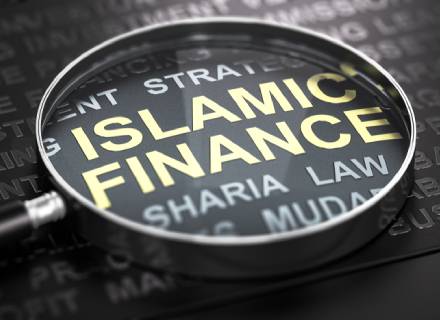The seventh annual report on Islamic Finance in Qatar was published by Bait Al-Mashura, which examined the performance of Islamic Finance institutions in 2023, and painted a clear picture of these institutions’ achievements as well as the status of Qatar’s financial and economic sectors.
The vice chairman of Bait Al-Mashura, Prof. Dr. Khalid bin Ibrahim Al Sulaiti, stated that the “Islamic Finance in Qatar” report examines the operations of Takaful insurance companies, Islamic banks, and Islamic Finance and investment firms in Qatar. Reviews of Islamic financial products are also included, such as Sukuk, investment funds, and the state of the Islamic financial market, in addition to a broad evaluation of the state of the Qatari economy.
Additionally, he stated that the Islamic Finance sector has a number of encouraging growth prospects that underpin its ongoing expansion and accelerated development in terms of the environment and the penetration of new ecosystems.
As the field develops, there is a pressing need to comprehend these movements and track their velocity in order to paint a clear picture of the Islamic Finance industry’s past and present. The aforementioned will make it possible to forecast the future of Islamic Finance and direct it in a way that will support its goals of social sustainability and development.
According to the Islamic Finance in Qatar report, the country’s Islamic Finance assets increased by 33% to reach QR656 billion (USD180 billion). Islamic banks held 87% of these assets, while Islamic Sukuk accounted for 11%.
In the banking industry, the assets of Islamic banks increased by 30.6% in 2023 to reach QR563.7 billion; deposits decreased by 1.4% to reach QR313.4 billion; private sector deposits accounted for 59% of total deposits; financing saw a marginal increase of 0.6% to reach QR382.7 billion, outpacing the real estate and government sectors; personal finance followed with revenues up 0.6% to reach QR30.3 billion and profits up to roughly QR8.2 billion with a growth rate of 7.1%.

